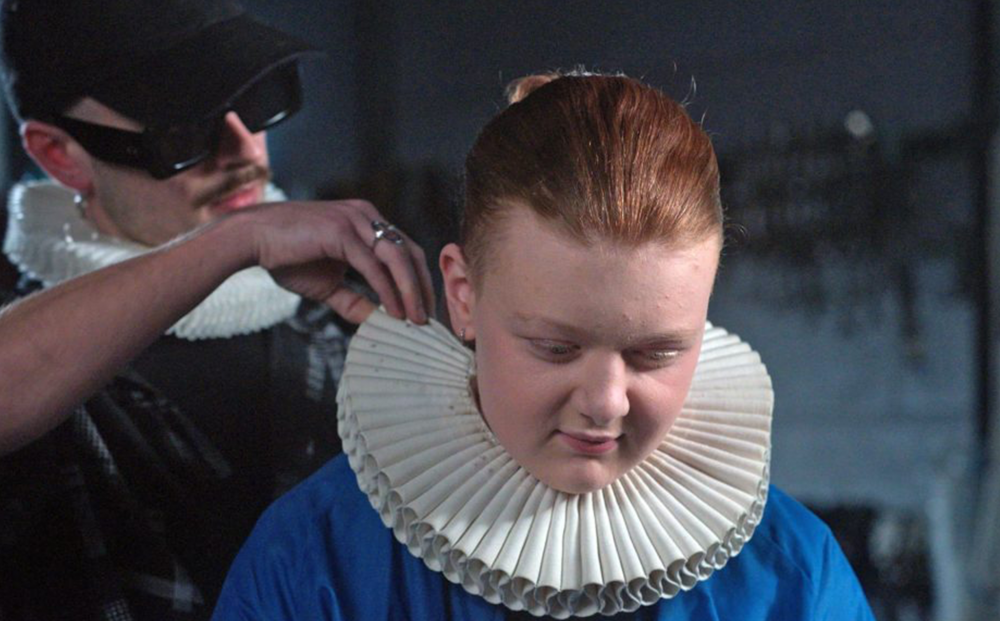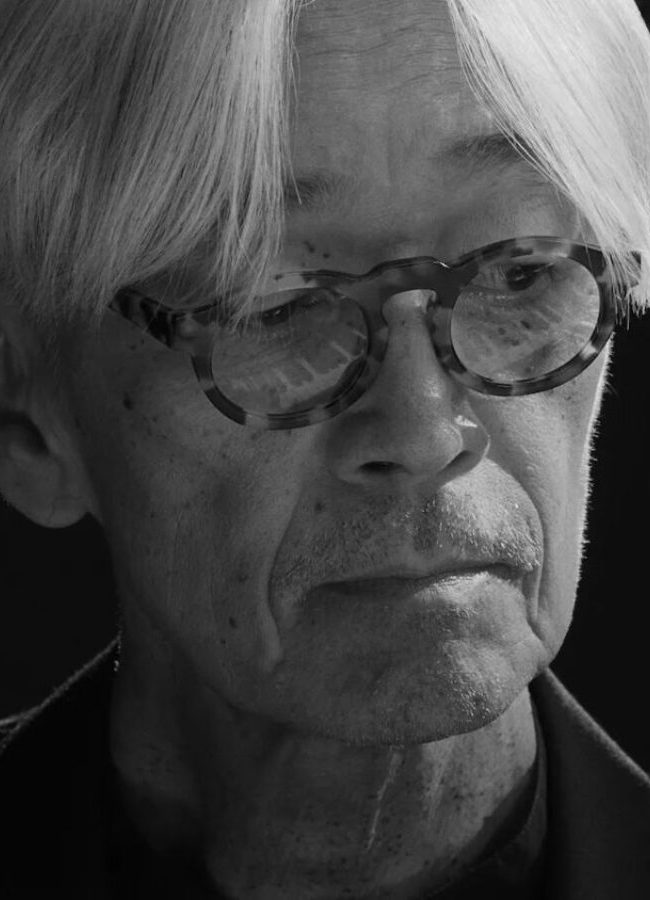ORLANDO: MY POLITICAL BIOGRAPHY

(Check out Bears Rebecca Fonté’s movie review of Orlando: My Political Biography, which opens in Film Forum in NYC this Friday, November 10. Opens in Los Angeles on November 17. Seen it? Join the conversation with HtN on our Letterboxd Page.)
I read Virginia Woolf’s Orlando long before I realized I was trans. Strangely, despite being an English major in college, when I came out I honestly never once thought about this 1928 exploratory biography in which halfway through the lead character swaps gender after a week’s long slumber. For me, Woolf’s novel is much more a comparative study of the binary of gender and has much more to do with the author’s bisexuality and her fascination with Vita Sackville-West who inspired the main character. That is not to say that I didn’t go to bed almost every night fantasizing that I might wake up in a woman’s body like Orlando.
Even though there is a long history of people living their entire life presenting in public as the gender they felt most comfortable in, or arguably in many cases, that gave them the freedom to pursue their goals (Pope Joan), it is impossible that Orlando was written with any true understanding of what it means to be transgender. This is what makes Paul B. Preciado’s feature Orlando: My Political Biography so fascinating, and even, I would say, necessary. Preciado, a trans man, uses a cast of over two dozen transgender actors to represent Orlando as they might exist now, 95 years after the original publication of Woolf’s novel. The director is very quick to point out almost immediately that the experience of the character in the novel has very little reflection on his own life, other than the poetry of it all.
The film, which is being marketed, or maybe just misunderstood, as a documentary, follows our titular character through the experience of changing gender in the modern world. As each Orlando takes their turn, the actors address the camera and let the audience know that in this film they are portraying Orlando, a motif that at first rings as humorous but by the end of the film deepens our understanding of Preciado’s experience. There is not one way to be transgender, nor is there one way society understands the trans experience. Instead, it is a series of individual journeys, of indeterminate and contrasting timelines, whose reflection in the world often is regulated by an onlooker, each with their own prejudices and misunderstandings.
Viewers looking for a strict resetting of Virginia Woolf’s novel to the modern day will obviously need to look elsewhere. However, viewers who want to get to the emotional heart of what it means to swap genders halfway through your life may also be disappointed. Preciado’s film isn’t interested in telling you much about the narrator for whom the word “My” exists in the title. Just as the original work is strangely incurious about the meaning and mechanism of the gender transition of its lead character, Preciado’s narrator seems equally uninterested in drawing specific conclusions that might lead to any universal theme. Instead, the film plays most like an essay, a creative dissertation on the source material and its connection, or often lack thereof, to the modern world. As an open letter to Virginia Woolf, whom the director praises that her work has never been as alive as it is now, Orlando finally has the boundaryless freedom to break apart gender as a conceived binary and be as revolutionary now as it was back in 1928. In this film of not one but many Orlandos, and not one but many experiences, it is no longer Orlando’s true nature that is hard to pin down, but gender itself.
While the viewer is hard pressed to point to anything particularly political about a film which shoves the word political into its title, the multiple experiences of the multiple Orlandos prove that the mere act of changing one’s gender is a political act in and of itself. Whereas Virginia Woolf’s Orlando seems to flip genders with little or no effect to the people around them, today’s Orlandos must face the very real fact that what should be a very personal journey has in fact become the landscape of political discourse.
This week, as I prepped this review for Preciado’s elegiac feature, it didn’t escape me that Twitter (or are we now required to call it X) was momentarily taken over by a sponsored trending word, #detrans. This intrusion, part of an advertising campaign on the part of Prager University to promote their 21-minute hate propaganda piece, could easily obscure the fact that we’re living in a very different world than Virginia Woolf’s1928. Although some people’s thinking hasn’t advanced much since then, or has in fact regressed, there are many voices out there, many Orlandos, bearing witness to the transgender experience, something far more complicated than going to bed and waking up in another body. And while Prager and other Conservative harbingers will put forth two people who transitioned and then regretted it, this is a reality for less than 1% of 1% of people who transition.Orlando: My Political Biography gifts the viewer with a glimpse beyond the politics to the beauty of the many Orlandos at various places in their singular journeys.
– Bears Rebecca Fonté (@BearsFonte)
Paul B. Preciado; Orlando: My Political Biography movie review











